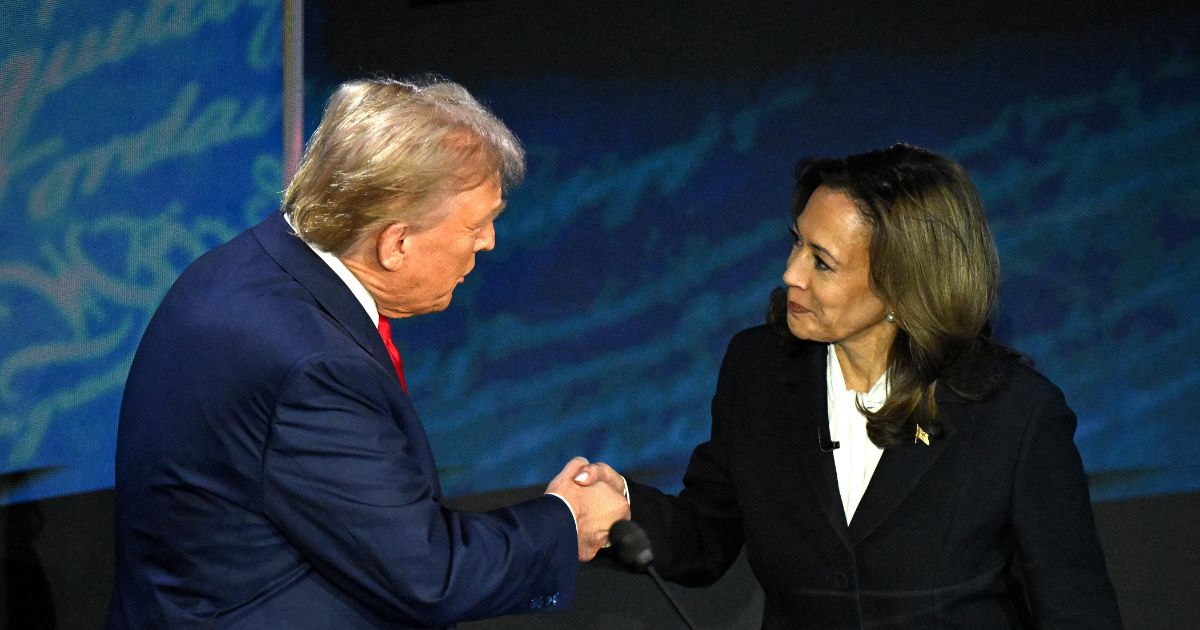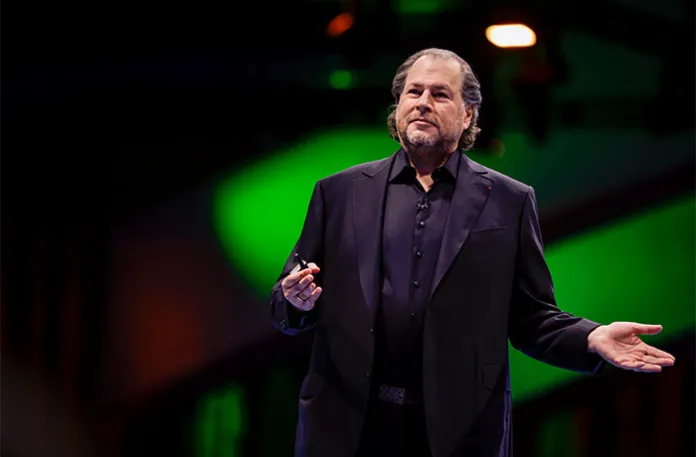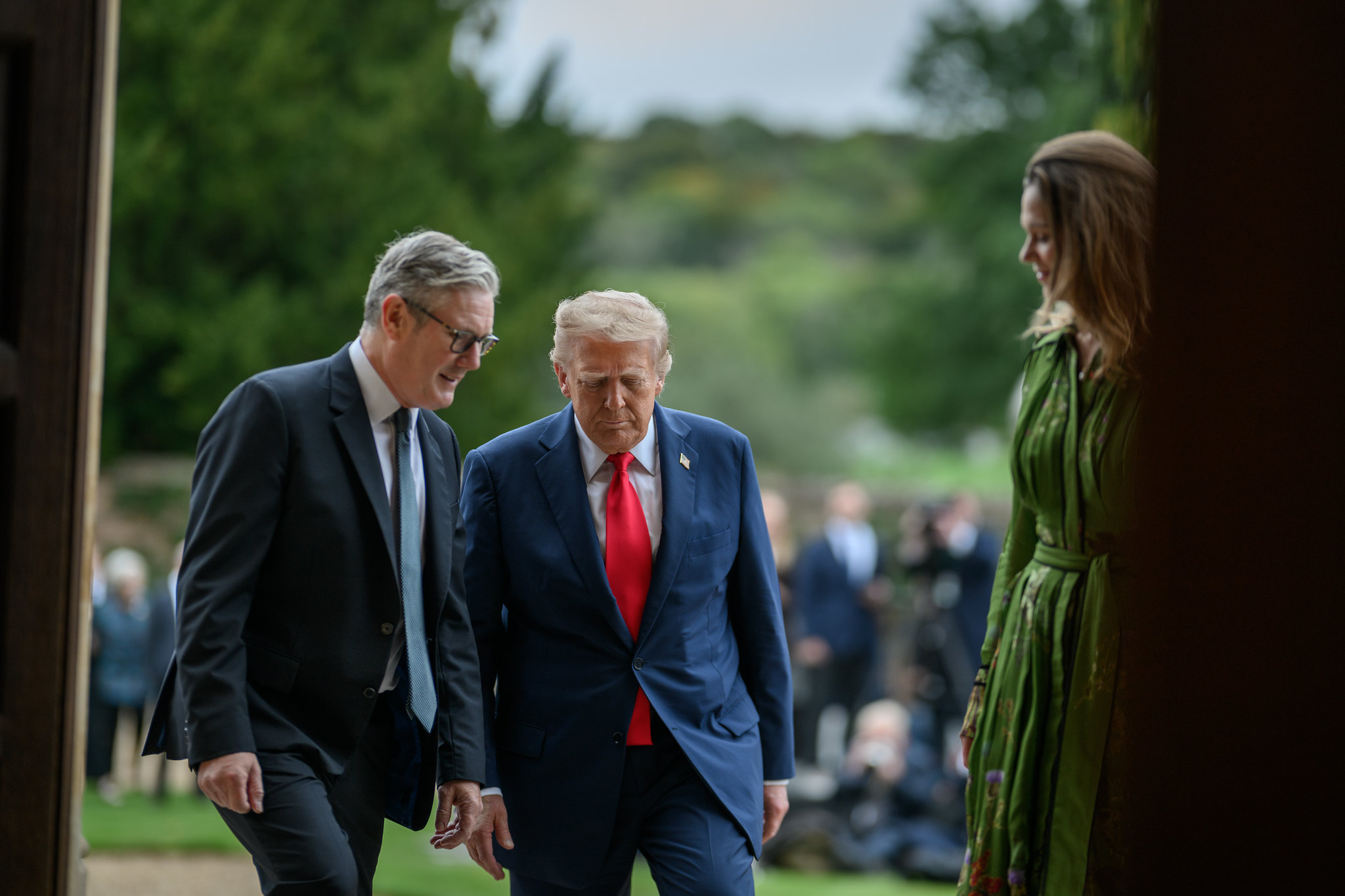Who owns America: The unexpected battlefront in the Trump-DeSantis 2024 war
The Battle for American Land: Chinese Ownership Becomes a Key Issue in the 2024 Election
The race for the 2024 presidential election has taken an unexpected turn as former President Donald Trump, Governor Ron DeSantis, and other Republican candidates have made Chinese ownership of U.S. land a key issue. While China only owns a small percentage of American agricultural land, their investment in these holdings has increased dramatically in recent years, causing concern among security experts.
In a January video, Trump promised to address the issue, while DeSantis has already taken action by issuing executive orders and pushing for state-level legislation in Florida. Other candidates are also highlighting the issue on the campaign trail.
The recent shoot-down of a Chinese spy balloon off the East Coast and the rejection of a Chinese government-linked group’s plans for a site near a North Dakota air force base have helped crystallize the China challenge. However, it has also highlighted significant gaps in tracking and addressing Chinese ownership of American land.
Chinese Investors Control Increasing Amounts of American Land
According to the USDA, Chinese investors owned just over 69,000 acres of American land in 2011. By the end of 2021, they controlled over 383,000 acres. This significant increase has raised concerns about food security and national security.
Donald Trump
In a recent article, Trump vowed to ban Chinese investment in U.S. farmland and industries. This issue is likely to remain a key topic of discussion in the 2024 election and beyond.
In January, former President Trump released a video calling for strict limitations on Chinese ownership of crucial infrastructure in the United States, including farmland and other strategic national assets. He warned that if we don’t take action, China will own the United States, which would make them very happy. Trump argued that China is buying up our country, including U.S. farmland, food supplies, technologies, minerals, natural resources, ports, shipping terminals, and the pillars of the U.S. energy industry. He emphasized that economic security is national security and vowed to ensure that America’s future remains firmly in American hands.
According to the USDA, foreign investors owned 28.3 million acres of U.S. land by the end of 2016, with China owning 246,543 acres at the time. By the end of Trump’s presidency, foreign ownership had increased to 37.6 million acres, with China holding 352,140 acres.
Florida Governor Ron DeSantis echoed Trump’s concerns, stating that we don’t want to have holdings by hostile nations, especially the Chinese Communist Party, which has been actively gobbling up land. DeSantis signed an executive order prohibiting government entities from purchasing or using technology products and services from companies owned by, controlled by, or based in China or six other countries. He emphasized that we do not need CCP influence in Florida’s economy and questioned why anyone would want them buying residential developments or other assets. It’s clear that both Trump and DeSantis are committed to protecting America’s economic and national security from foreign threats.Governor Ron DeSantis of Florida is taking a strong stance against foreign land ownership, particularly from China, due to concerns over national security. According to the USDA, Florida has the fourth-highest percentage of foreign-owned land in the US, with 1.38 million acres owned by foreign entities, including China. DeSantis has proposed legislation to prohibit purchases of agricultural land and land surrounding military bases by foreign countries of concern, including China. He believes that the Chinese Communist Party is the main source of malign foreign influence in the US and is buying up land near sensitive national security sites to gain intelligence. DeSantis is also concerned about Chinese organizations and front group companies buying up US farmland. He recently traveled to Japan and discussed his plans to eliminate the possibility of CCP land purchases in Florida. Some 2024 candidates, such as Nikki Haley, have also raised concerns about Chinese land ownership in Iowa. DeSantis is leading the way in protecting the US from international foes and ensuring national security.
Nikki Haley Speaks Out Against Chinese Ownership of American Farmland
Former United Nations ambassador under Trump and ex-governor of South Carolina, Nikki Haley, is making her voice heard on the campaign trail. She’s speaking out against Chinese ownership of American land, and Iowans are listening.
“Iowans are tough. They don’t want Communist China buying their farmland,” Haley tweeted after a town hall event in Iowa on April 10.
During an interview with Brian Kilmeade on Fox News in March, Haley said, “China has bullied America for decades. Yet, Joe Biden lets them get away with COVID, stealing our secrets, and buying American farmland.”
Republican Candidate Vivek Ramaswamy Weighs In
Vivek Ramaswamy, a biotech executive and another Republican candidate for president, agrees that Chinese government-linked entities should not be allowed to own U.S. land. “In an ideal world, Congress would ban CCP affiliates from owning U.S. land. But, in a world where Congress does not act, it is legitimate for states to take action in the meantime,” Ramaswamy told the Washington Examiner.
Protecting American Farmland
It’s clear that Haley and Ramaswamy are both passionate about protecting American farmland from foreign ownership. As the campaign trail heats up, it will be interesting to see how this issue plays out.
- Will other candidates join Haley and Ramaswamy in their fight?
- Will Congress take action to ban Chinese ownership of American land?
- Or will states take matters into their own hands?
One thing is for sure: this is an issue that won’t be going away anytime soon.
CLICK HERE TO READ MORE FROM THE WASHINGTON EXAMINER
" Conservative News Daily does not always share or support the views and opinions expressed here; they are just those of the writer."




